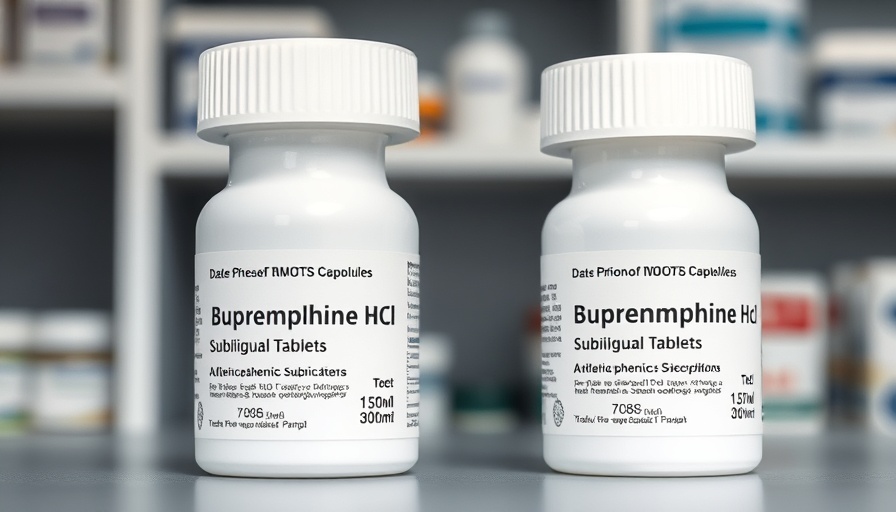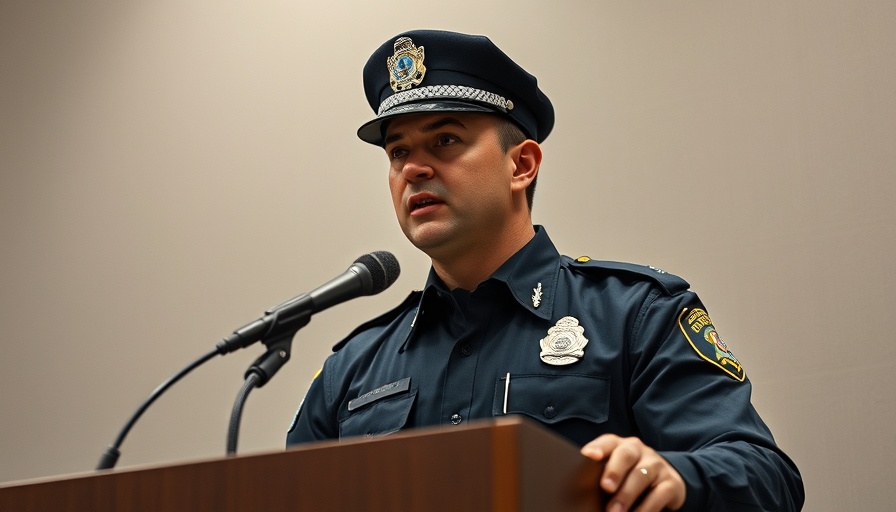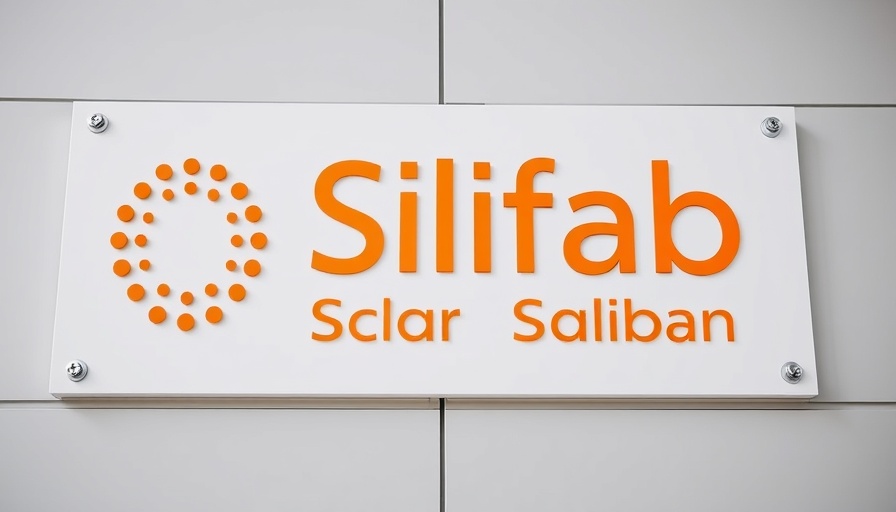
South Carolina's Urgent Opioid Crisis
In recent years, South Carolina has been grappling with a severe opioid crisis, ranking among the highest in the nation for opioid-related deaths according to the Kaiser Family Foundation. In 2022, the state ranked 10th, and in 2023, it dropped slightly to 13th, highlighting an ongoing and alarming trend that demands immediate attention and action.
Funding to Enhance Treatment Accessibility
To combat this crisis, the South Carolina Department of Health and Human Services has secured a significant investment of $14 million, which includes $4 million from the state and $10 million in federal funding. This financial boost is specifically designated for the expansion of opioid addiction treatments, including increasing access to medications such as buprenorphine and methadone.
These medications are pivotal in reducing cravings and withdrawal symptoms for those struggling with addiction, providing a pathway toward recovery. Advocates for public health recognize the importance of medication-assisted treatment (MAT) as a vital component in addressing not just addiction, but also the wider public health ramifications of the crisis.
Personal Stories: The Human Cost of Addiction
William McCauley, a representative from The Courage Center, exemplifies the personal struggles faced by many encountering opioid addiction. After suffering an injury while running his roofing company, he turned to pain pills to manage his discomfort, eventually leading to heroin use when prescription options dwindled. His journey underlines the devastating impact that the opioid epidemic has on individuals, families, and communities across South Carolina.
The Role of Medicaid in Treatment Expansion
The boost in funding to Medicaid is crucial as it facilitates broader access to these essential treatments, which many individuals may not have been able to afford otherwise. By making medications accessible through Medicaid, the state aims to lower barriers that prevent individuals from seeking help. This is particularly significant in areas where healthcare resources are limited or where stigma around addiction still prevails.
Community Support and Resources
As awareness of the opioid crisis grows, local organizations and health advocacy groups are rallying for better support systems. Parents, caregivers, and wellness advocates in Charlotte and surrounding areas can play a vital role in addressing this epidemic by remaining informed about available resources and understanding the signs of addiction. Community engagement is essential for building a robust support network that encourages individuals to seek treatment.
Looking Ahead: A Collective Effort for Recovery
With this newfound funding, South Carolina stands at a critical juncture. It offers a genuine opportunity to strengthen the state’s health care response to addiction. However, this requires a collective effort from community members, healthcare workers, and policymakers alike. Eliminating the stigma surrounding addiction and embracing a compassionate approach towards treatment can pave the way for recovery for many who are still suffering in silence.
Conclusion: Why Every Aspect of Health Matters
This funding represents more than just financial support; it embodies the hope of recovery for many individuals and families affected by opioid addiction. The challenge is significant, but through informed awareness, accessible treatment options, and strong community support, South Carolina can work to overcome this public health crisis. Let’s engage with local health news, support our healthcare system, and advocate for those who are seeking a healthier, drug-free life.
 Add Row
Add Row  Add
Add 




Write A Comment